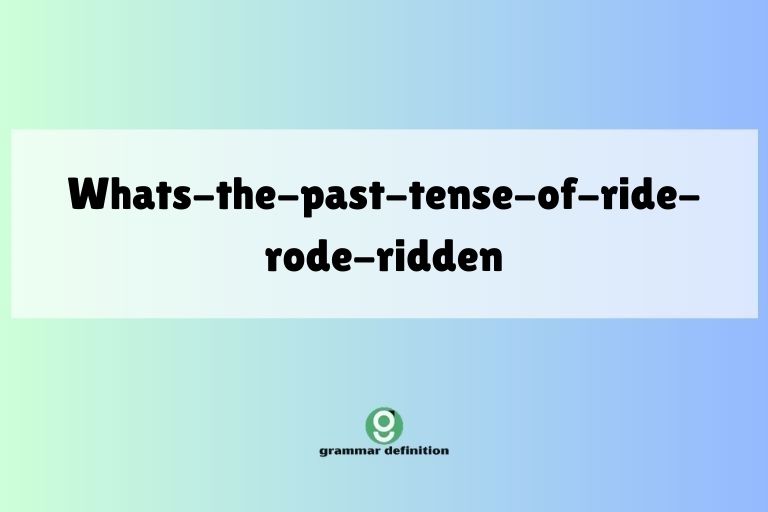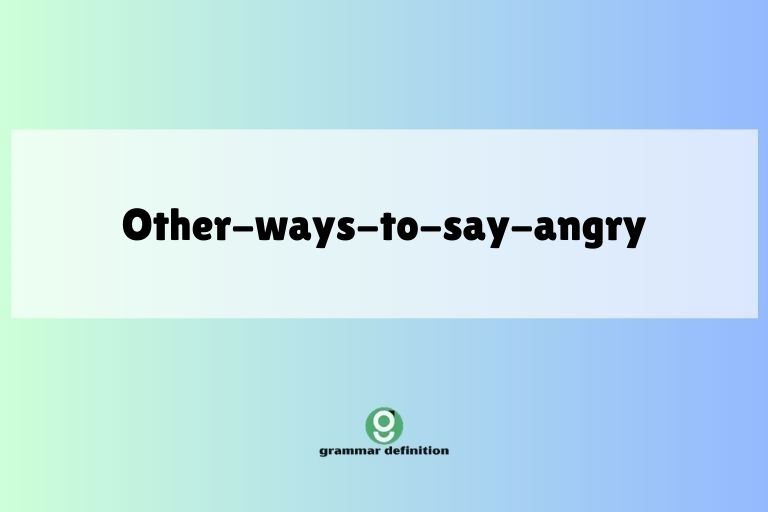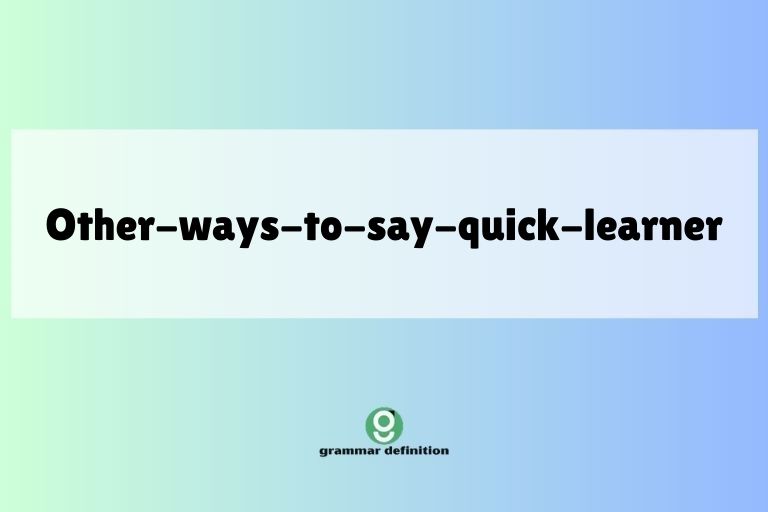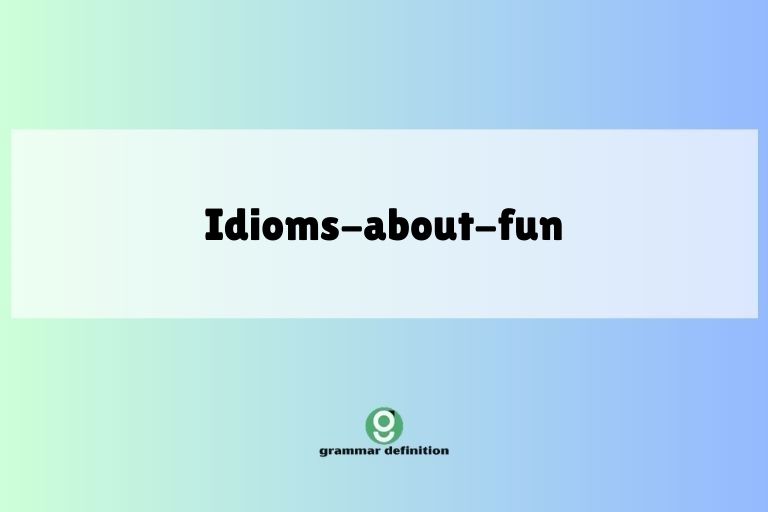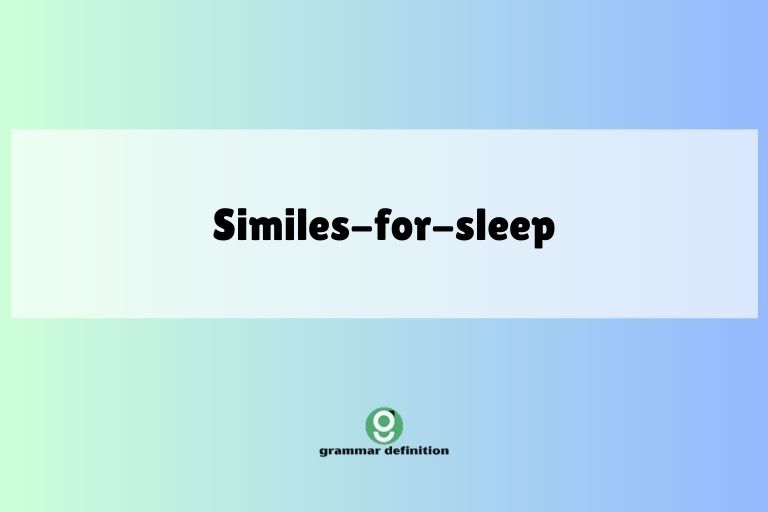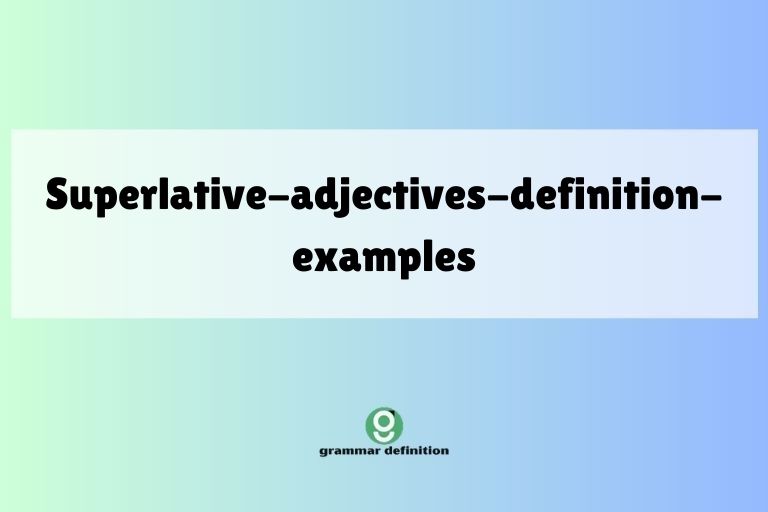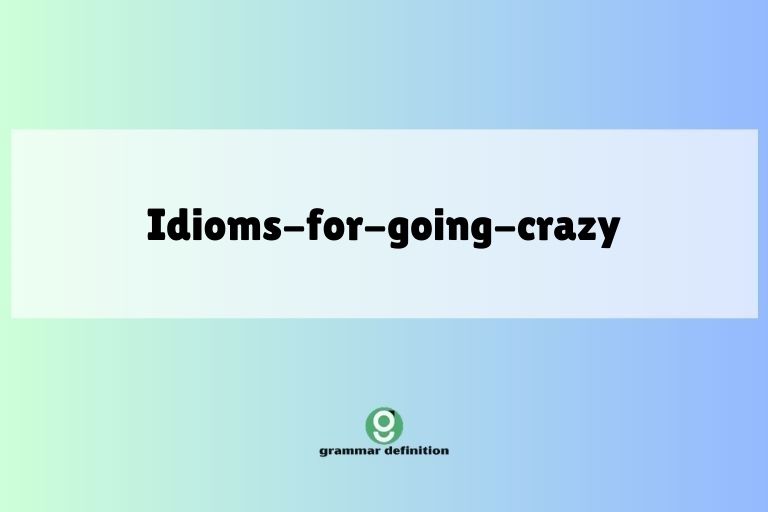Ride, Rode, Ridden: Mastering the Past Tense of ‘Ride’
Understanding the correct past tense forms of irregular verbs like “ride” is crucial for clear and accurate communication in English. The verb “ride” is a common one, used in various contexts from cycling to horseback riding. Knowing when to use “ride,” “rode,” and “ridden” will significantly improve your grammar and prevent common mistakes. This article … Read more

